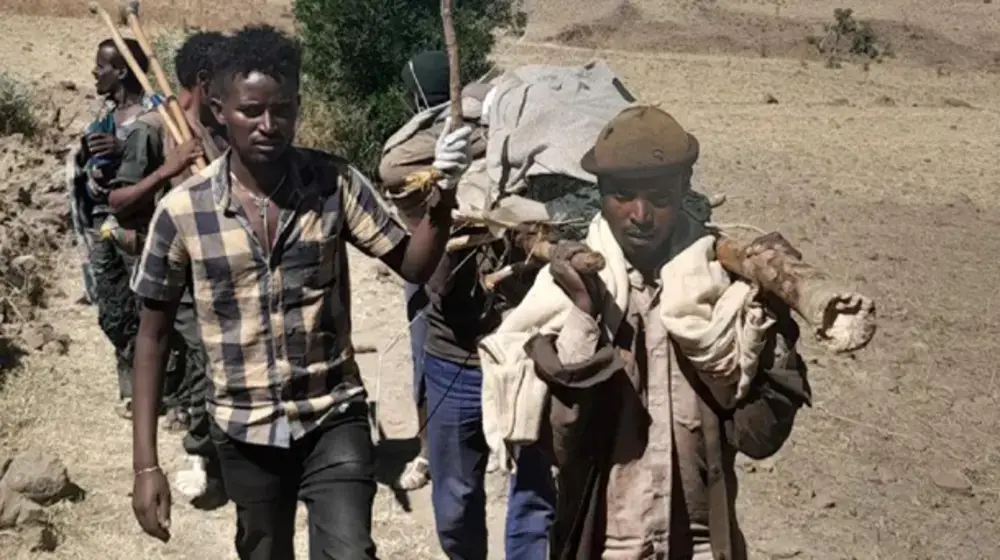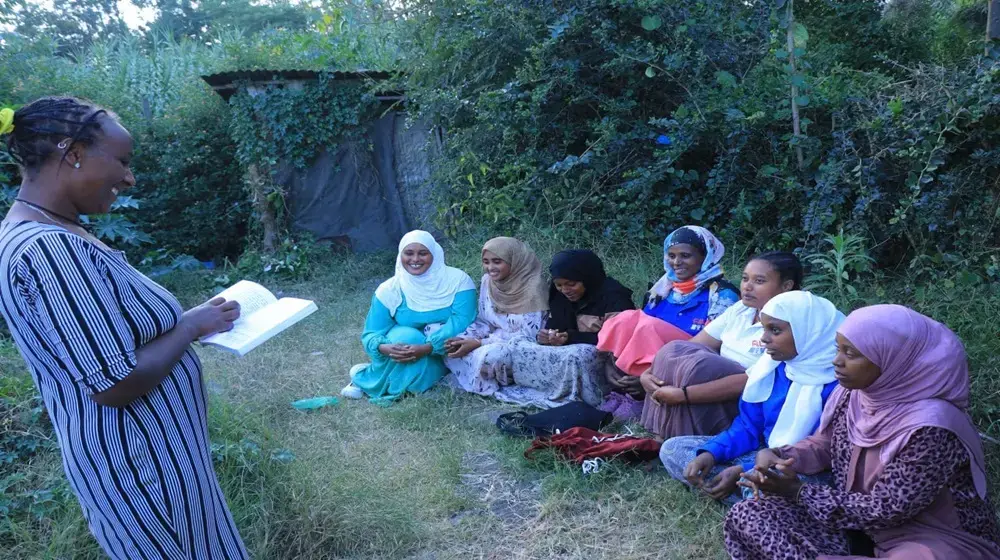Reproductive health leaders at the highest levels today gathered in Addis Ababa at a global conference to address the need to ensure access to reproductive health supplies.
The conference marked the 10th anniversary of the Istanbul meeting of the stakeholders involved in the global movement to ensure that people in low- and middle- income countries can access and use affordable, high-quality supplies for their RH and family planning needs. This conference organized under the theme Access for All is being hosted by the Reproductive Health Supplies Coalition, UNFPA, and Ethiopia's Federal Ministry of Health.
In the 10 years since the last conference in Istanbul, Meeting the Challenge, population growth and successful advocacy efforts have created a surge of demand for RH supplies to prevent or delay pregnancy and/or prevent HIV/AIDS or other sexually transmitted infections. To date, there are more than 200 million women in the developing world who wish to access contraceptive supplies, but cannot.
In an opening remark he made at the conference, H.E. Dr. Tedros Adhanom, Minister of Health of Ethiopia, noted "we need to redouble our efforts if we are to ensure universal access to reproductive health by 2015. Without supplies, individuals cannot exercise their reproductive rights."
Currently, there is a gap in funding to enable countries to satisfy the demand for contraception. By 2020, it is expected that an estimated US$424 million will be required to meet the deficit in funding the provision of RH supplies. Delivering a remark on behalf of the Executive Director of UNFPA, Mr. Bunmi Makinwa, Director of the Africa Region of the Fund said "without supplies, our ICPD and MDG promises are just dusty dreams in the distance. Reproductive health supplies underpin success in maternal health, family planning and HIV prevention."
The conference is also expected to take up the issue of the inequitable distribution of RH supplies. "Reproductive health supplies exist, but they are not reaching those who need them most," said John Skibiak, Director of the Reproductive Health Supplies Coalition. He added that the conference will provide the opportunity to discuss the challenges and make commitments to meeting the demand for modern contraceptives.
UNFPA launched the Global Programme to enhance Reproductive Health Commodity Security (GPRHCS) in 2007 as a strategic mechanism to get RH supplies on the global agenda prioritized and mainstreamed within UNFPA and at national level. Through the Global Programme UNFPA has channeled more than $300 million.
During the conference, governments, donors, development organizations, and civil society organizations will confer with private sector representatives to make commitments to ensure a secure supply of RH commodities and are expected to produce a global "Call to Action."




